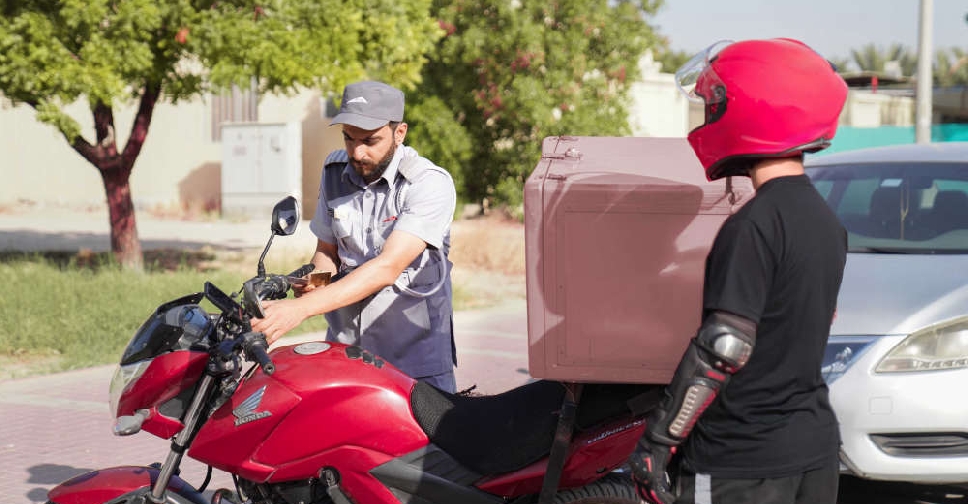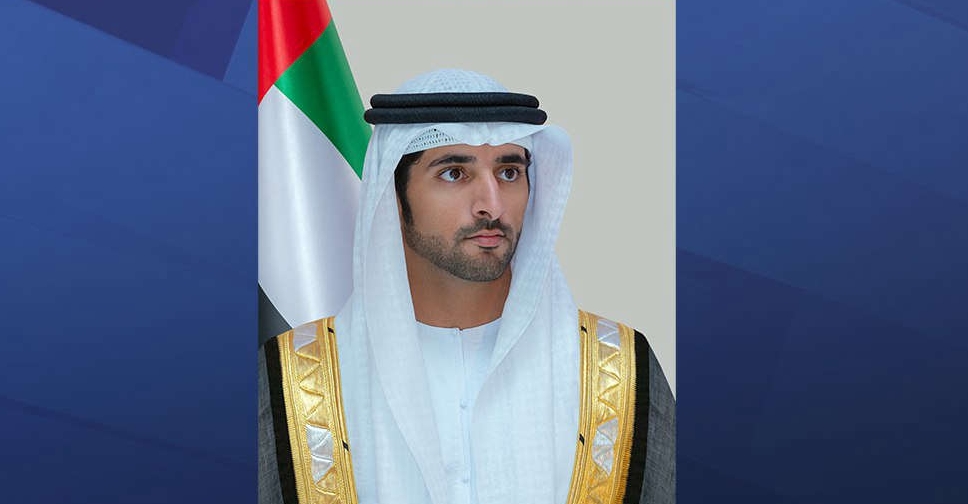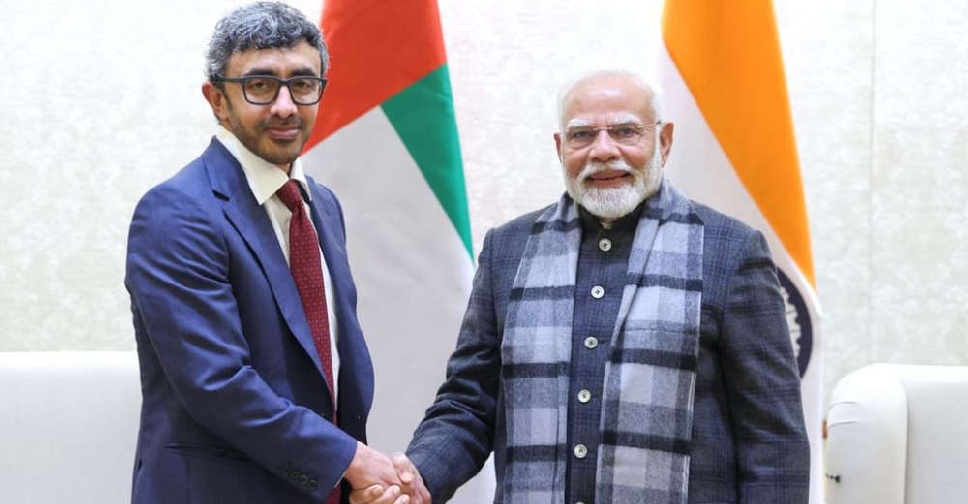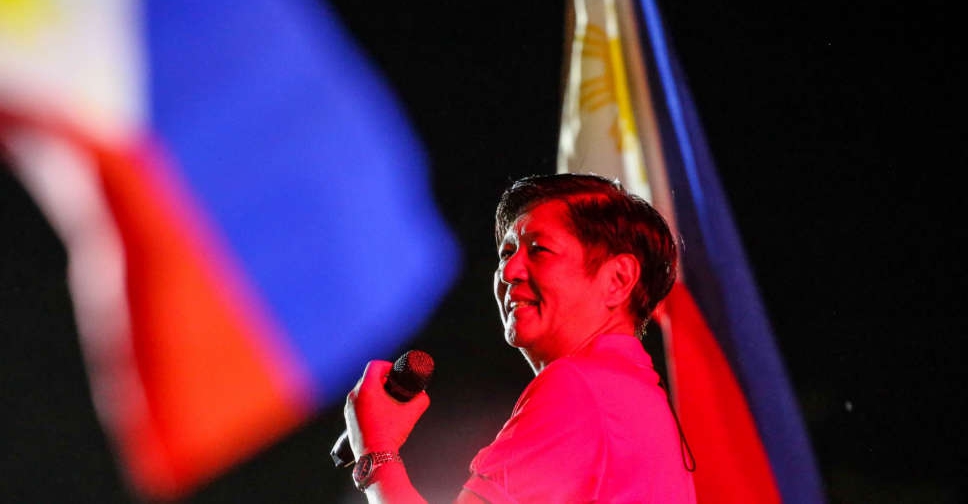
Philippines presidential frontrunner Ferdinand Marcos Jr on Friday turned down his closest rival's challenge to a debate, saying a face-off with Leni Robredo will never happen and he prefers to communicate directly with the public.
Robredo, who narrowly beat Marcos in the 2016 vice presidential election, challenged the son and namesake of the late dictator to a debate "anytime, anywhere" so voters can scrutinise their characters and compare their visions.
Marcos has attended just one of four presidential debates since campaigning for the May 9 election began, compared to Robredo's three.
Marcos led Robredo by 32 points in the latest survey in March and the two have a bitter rivalry, with Robredo's affiliation firmly with the movement that toppled his late father in a 1986 "people power" uprising.
"I am inviting Mr. Marcos to a debate to give the public a chance to face him and ask him about the controversies surrounding him," Robredo said in a statement.
"We owe it to the people and to our country."
Marcos's spokesman, Vic Rodriguez, said "Bongbong", as Marcos is commonly known, wanted to keep campaigning civil.
"Bongbong Marcos's Uniteam is guided by positive campaigning, no badmouthing. It sends its message and call for unity directly to the public," he said in a statement.
Marcos's ducking of debates has been criticised by opponents and academic groups, who say the public is being denied the opportunity to see all candidates challenged and scrutinised.
Political analyst Earl Parreno said shunning debates was Marcos's way of ensuring his "shallow knowledge of issues will not be exposed."
Though incumbent leader Rodrigo Duterte's daughter, Sara Duterte-Carpio, is Marcos's running mate and his party has backed Marcos, the president himself has said he wants to be neutral and has not endorsed anyone.
More than 67 million Filipinos have registered to vote in the elections, which historically have a high turnout.
Posts contested include the presidency, vice presidency, 12 senate seats, 300 lower house seats, and roughly 18,000 local positions.

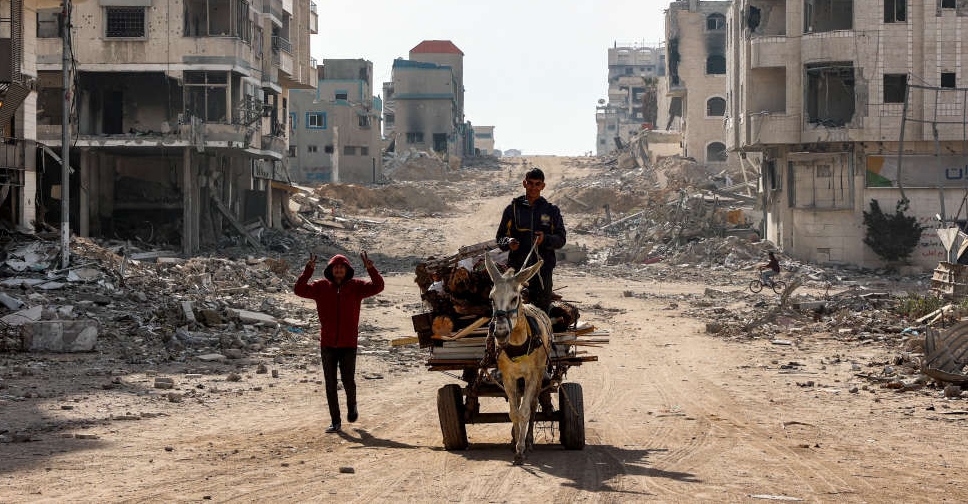 Israel, Palestinians explore Gaza truce with US envoy
Israel, Palestinians explore Gaza truce with US envoy
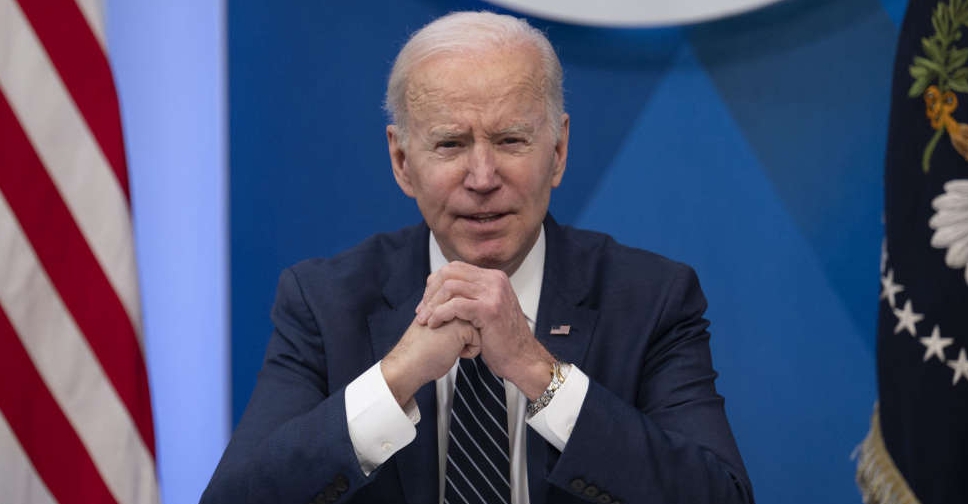 Biden pardons 39, commutes sentences of 1,500 others
Biden pardons 39, commutes sentences of 1,500 others
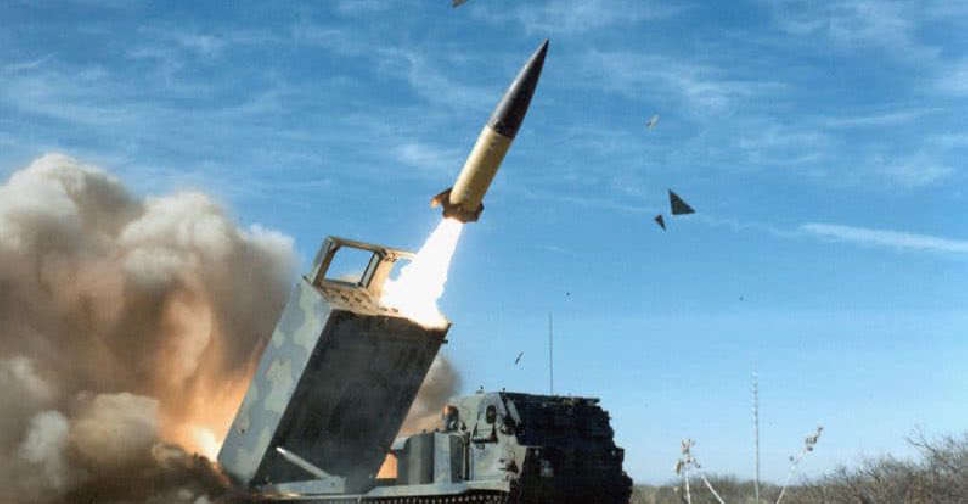 Russia will respond to Ukraine's latest ATACMS strike, says Kremlin
Russia will respond to Ukraine's latest ATACMS strike, says Kremlin
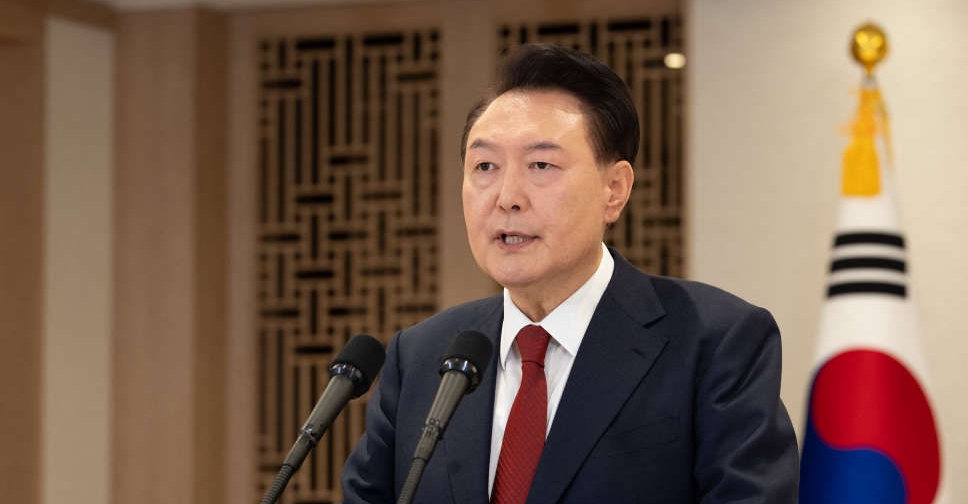 South Korean President Yoon vows to 'fight to the end'
South Korean President Yoon vows to 'fight to the end'
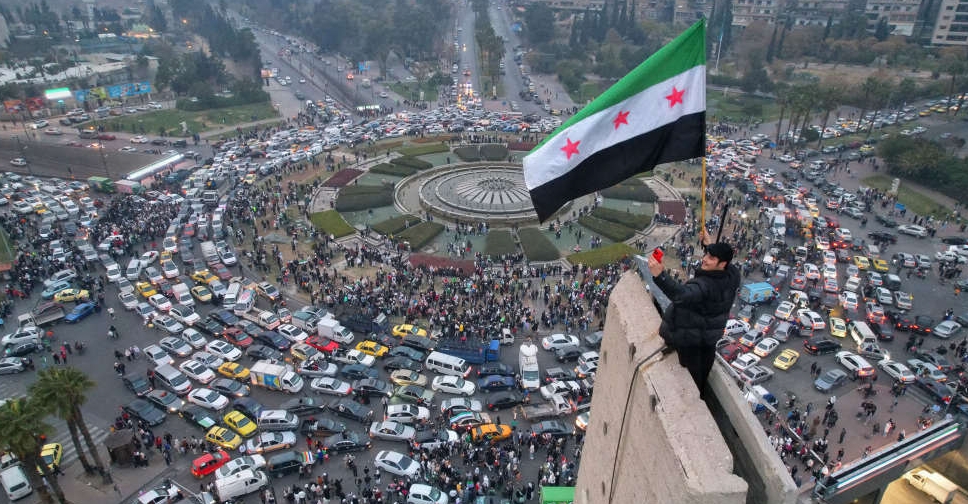 Syrian rebel leader says will dissolve regime forces, close prisons
Syrian rebel leader says will dissolve regime forces, close prisons
